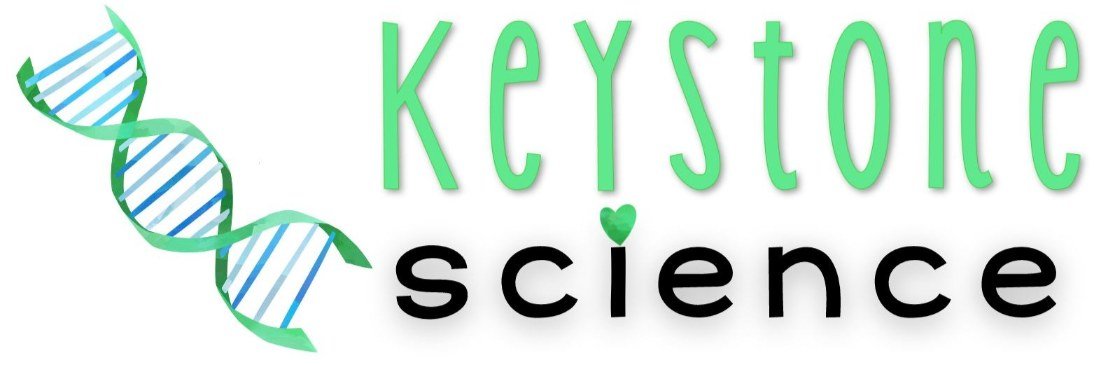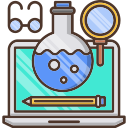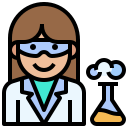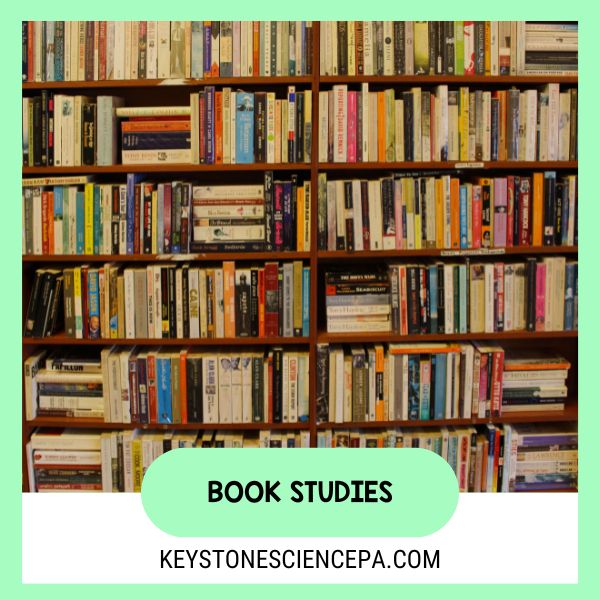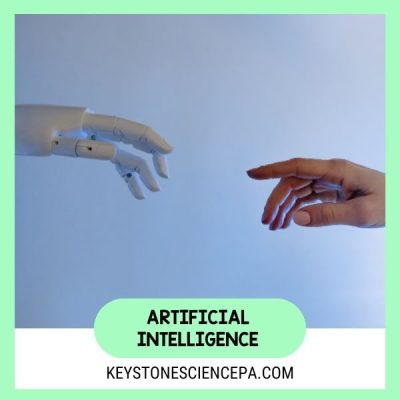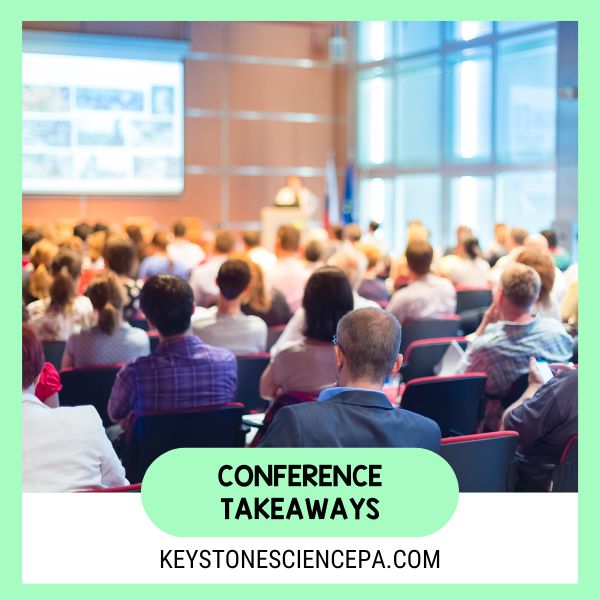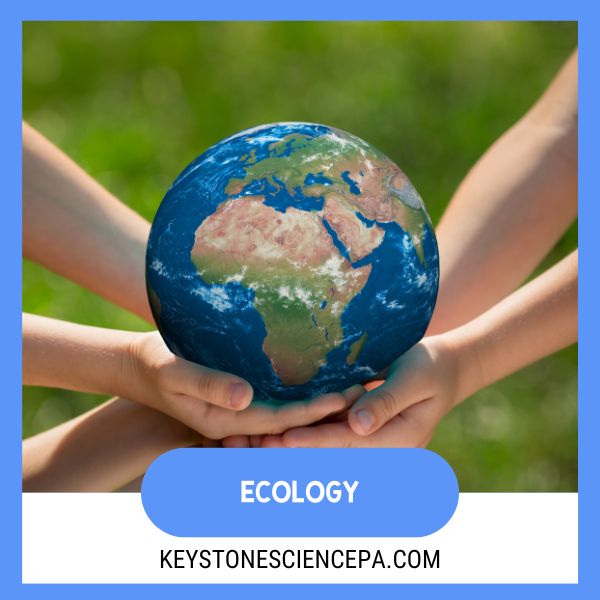In the dynamic landscape of high school science education, traditional methods of teaching can sometimes fall short of fully engaging students and deepening their understanding of complex scientific concepts. One often overlooked yet highly effective strategy is the integration of non-fiction science literature into the curriculum. Contrary to common perceptions, high school science classes can greatly benefit from incorporating book studies. Here’s why:
Book Studies Enhance Understanding of Scientific Concepts
Non-fiction science literature provides an in-depth exploration of scientific concepts that textbooks may only briefly cover. These books can expand on complex ideas in a more relatable and comprehensible manner through detailed narratives, case studies, and real-life examples. By diving into the specific details of real scientific experiences, students can form a more robust and nuanced understanding of the subject matter.
Book Studies Connect Students to Real-World Scientific Events and Historical Contexts
One of the most compelling advantages of non-fiction science literature is its ability to connect students with real-world scientific events and historical contexts. Books like The Immortal Life of Henrietta Lacks by Rebecca Skloot or Silent Spring by Rachel Carson (affiliate links) provide vivid accounts of historical events that have shaped modern science.
By learning about the historical and societal implications of scientific discoveries, students can appreciate the relevance of science in their everyday lives. This connection fosters a deeper interest and motivation to learn. A report by the National Research Council highlights that when students see the real-world application of science, their engagement and retention of information significantly increases (National Research Council, 2012).
If you’re ready to use a non-fiction science book as part of your curriculum, check out this list of Science Books Organized by Topic. I am constantly updating this list as I hear about or read science books. *Please note, all links in the document are affiliate links and I may receive a small commission if you choose to purchase using one of these links, at no cost to you.
Book Studies Promote Critical Thinking and Inquiry Skills
Non-fiction science literature is a powerful tool for promoting critical thinking and inquiry skills. These books often present scientific dilemmas, ethical questions, and unsolved mysteries that encourage students to think critically and engage in scientific inquiry. For instance, The Double Helix by James Watson (affiliate link) not only recounts the discovery of the DNA structure but also delves into the ethical controversies surrounding scientific research. Engaging with such material challenges students to analyze, evaluate, and synthesize information, enhancing their critical thinking abilities. Research indicates that students who read and discuss non-fiction texts develop strong analytical skills and are better prepared for higher education and future careers in science (Shanahan, 2011).
Keystone Science Book Study
If you’re interested in using book studies in your science classroom(or already do!) I just wrapped up a comprehensive book study bundle, designed to complement any non-fiction science book! This complete package includes detailed lesson plans, differentiated chapter summaries, vocabulary journals, and rubrics to assess student work. The book study will save YOU precious planning time while promoting inquiry-driven and NGSS-aligned learning. Each component of the book study encourages students to make meaningful connections between the text and the scientific concepts they learn in class, ensuring a thorough and engaging learning experience.
To give you a preview of what this book study offers, I’m giving you a copy of the differentiated chapter summaries for free!

These summaries come in three versions that are designed to support honors, academic, and students with learning disabilities or limited English proficiency, ensuring that all students can grasp the key concepts of each chapter. Whether used as a standalone tool to enhance your students’ understanding of the book or as part of the larger book study bundle, these summaries are an invaluable resource. Click the link to get your free differentiated chapter summaries now!
TL;DR
- Non-fiction science literature enhances understanding of scientific concepts and connects students to real-world scientific events and historical contexts.
- It promotes critical thinking and inquiry skills by presenting scientific dilemmas, ethical questions, and unsolved mysteries.
- Using book studies in the science classroom can save time and promote inquiry-driven and NGSS-aligned learning, offering detailed lesson plans, differentiated chapter summaries, vocabulary journals, and rubrics to assess student work.

References
- National Research Council. (2012). A Framework for K-12 Science Education: Practices, Crosscutting Concepts, and Core Ideas. Washington, DC: The National Academies Press.
- Shanahan, T. (2015). Common Core State Standards: A New Role for Writing in Science. The Elementary School Journal. 115(4), 464-479.
